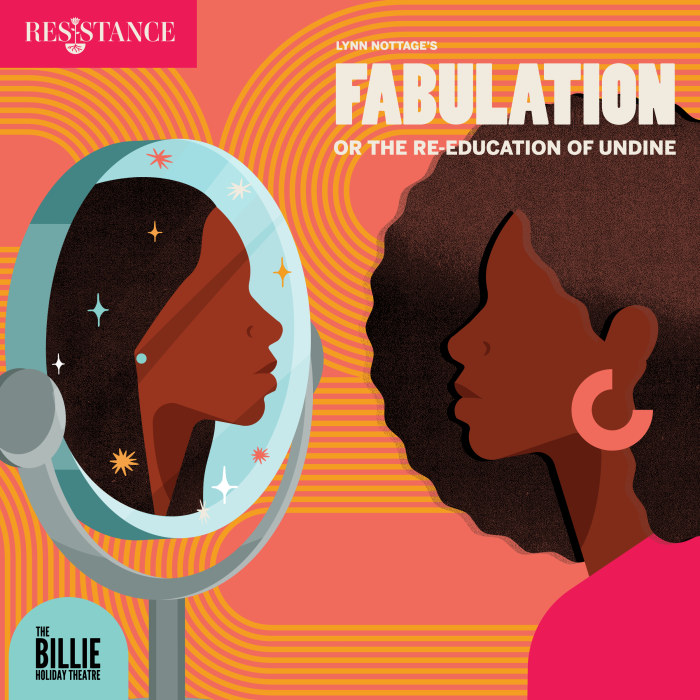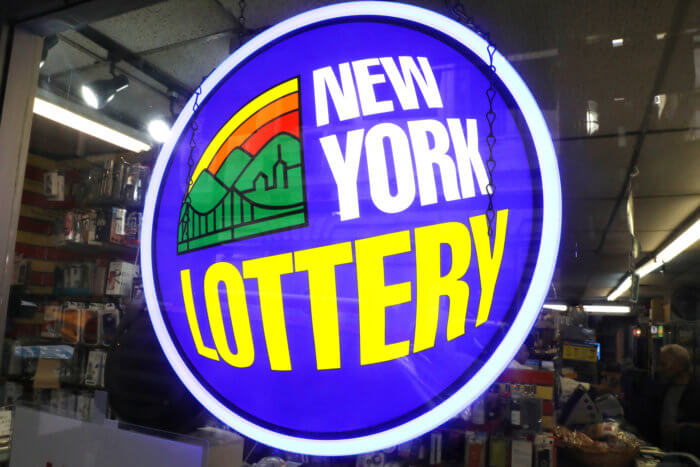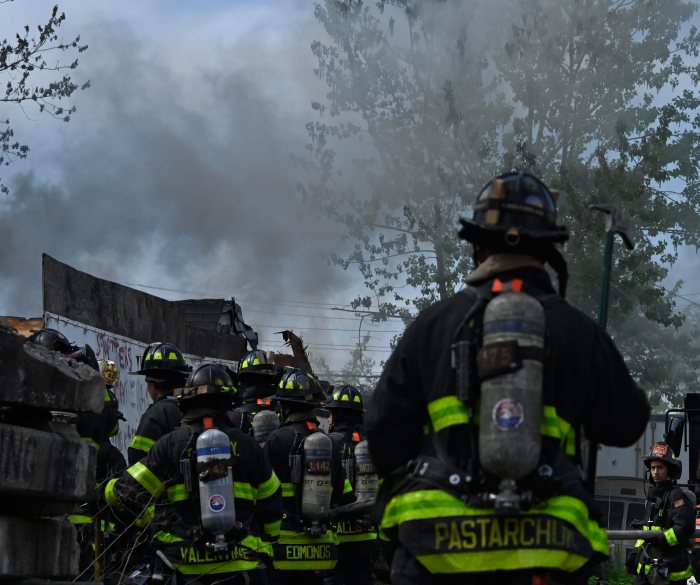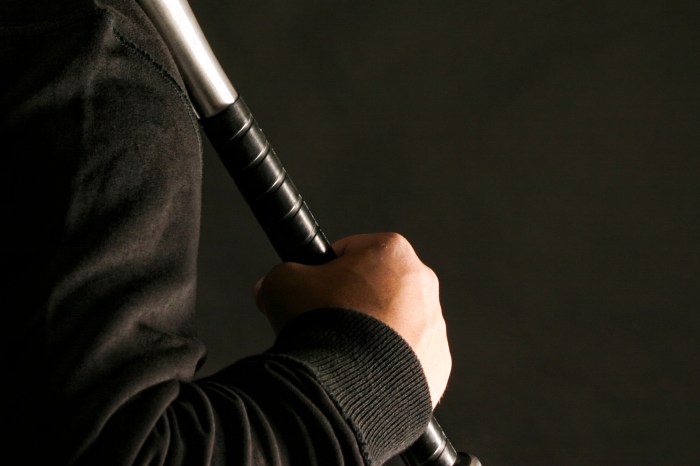The chips don’t always fall to the player with the highest hand, according to a Brooklyn federal judge ruling.
Strategy, card counting, and the art of the bluff make the game of poker less about chance and more about skill. At least, that’s how Judge Jack Weinstein saw it, in a ruling that saved Staten Islander Lawrence DiCristina from a 10-year prison stint.
“The ability of players to influence game play distinguishes poker from the other games, such as sports betting, enumerated in the Illegal Gambling Business Act,” the judge wrote in a 120-page ruling, referring to the federal statute by which DiCristina was charged and convicted.
DiCristina ran a backroom poker operation in a Staten Island warehouse, taking five-percent off the pot to earn a profit and pay his staff’s wages, according to a New York Times article.
He was arrested last summer, and charged with running an illegal gambling operation, which he was convicted of in July.
The conviction carries a penalty of 10 years in prison.
However, Weinstein tossed out the conviction, along with indictment, saying that the federal law requires chance to trump skill, as is the case with slot games or roulette, according to the Staten Island Advance.
Poker doesn’t fit into that narrow definition, as proven by career poker players who make their living reading cards, he says.
“The most skillful professionals earn the same celestial salaries as professional ballplayers,” the judge’s ruling read.
The Poker Player’s Alliance, an organization that works to legalize poker, released a statement applauding the judge’s ruling, as reported by the New York Times.
During the trial, economist, statistician, and professional poker player Dr. Randal Heeb testified on DeCristina’s behalf.
He argued that poker stands removed from other forms of gambling because the player has more to lean on than a stacked deck — skills like bluffing, analyzing opponents, and varying wagers have substantial effects on the outcome, Heeb said, according to the Advance.
Further more, Heeb noted that skilled poker players can consistently win over a long period of time, while gamblers who perfer other games like slots or sports betting have little hope of making a living on those games, where chance predominates.
Bar owner sues cops for raid
Cops conducted a raid on a Greenpoint watering hole — but they burst through the wrong door and forced a law-abiding business to go bottom up, says an angry nightlife entrepreneur who is suing the NYPD.
Officers were acting on a personal vendetta and violated bar owner David Kelleran’s right to due process when they poured thousands of dollars of booze down the drain at his Greenpoint Avenue bar Coco66, when it was his next-door restaurant 68 that actually had problems with its liquor license, lawyer Craig Trainor claims.
“Clearly established constitutional rights secure our liberty against arbitrary government intrusion,” said Trainor. “The utter and complete lawlessness exhibited by the NYPD in this case shocks the conscience.”
Police said last year that they arrested Kelleran and raided Coco66 after the bar’s liquor license expired.
Trainor admits Kelleran bounced a check renewing his liquor license with the State Liquor Authority, but he insists that Coco66 had a valid license.
Instead, he claims it was 68 that had issues with non-payment. But the lawyer says that didn’t stop cops from pouring out Kelleran’s liquid livelihood.
And after bouncing the check for 68’s renewed liquor license, Trainor says Kelleran should have had 10 days to send in another payment. But cops burst into the bars after five days.— with Colin Mixson
Kelleran, who is suing for unspecified damages and never managed to reopen Coco66, said last year that he did not see a warning letter from the state until three days after the raid.






















